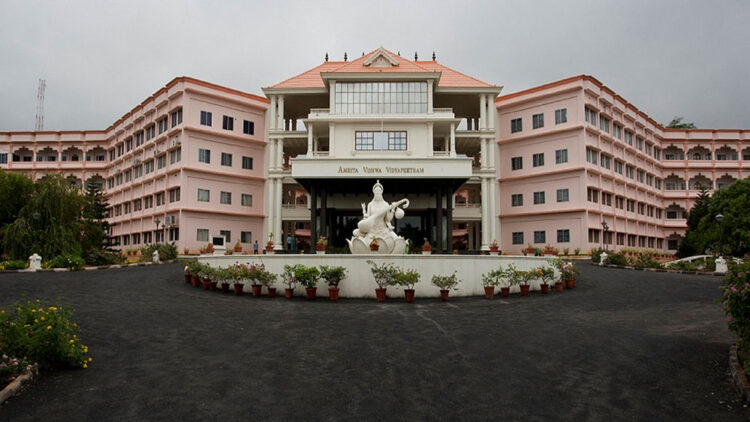Hyderabad: A novel nanomedicine that holds great promise for early detection and treatment of liver cirrhosis and liver tumour, developed by researchers from the School of Nanosciences and Molecular Medicine at Amrita Vishwa Vidyapeetham in Kochi, has won a patent in the US and Australia.
The invention is the outcome of a research project funded by the Nanobiotechnology Taskforce of the Department of Biotechnology, Government of India.
A four-member research team led by Dr. Shantikumar V Nair and Professor Dr Manzoor Koyakutty have created a special type of nanomedicine that responds to radio wave signals sent from outside the body. Once the nanoparticles are injected into a tumour, they can be heated up using external, medically approved radio waves, the Vidyapeetham said in a statement.
Doctors can visualize the tumour using an MRI machine and burn it off in a controlled manner.
Amrita researchers have demonstrated that the novel technology can be used for early detection of liver cirrhosis and liver tumor, early-stage image-guided treatment of liver tumor using radio-frequency ablation therapy as well as labelling and tracking the movement of stem cells inside the body after stem-cell transplantation to assess how effective the therapy has been.
Dr. Manzoor Koyakutty said: “We have made a unique nanomedicine that can be used for medical imaging, combined with drug delivery. Its particles are made of synthetically prepared calcium phosphate, a biomineral present in our bones. Generally, chemically prepared inorganic nanoparticles cause safety issues when used as nanomedicines. However, as a biomineral, calcium phosphate is biocompatible and biodegradable, hence totally safe for human use”.
Amrita is headquartered at Coimbatore and spread across seven campuses in four states — Kerala, Tamil Nadu, Karnataka and Andhra Pradesh.














Comments